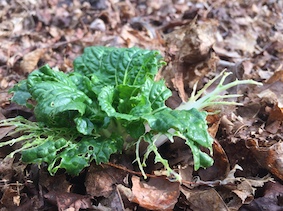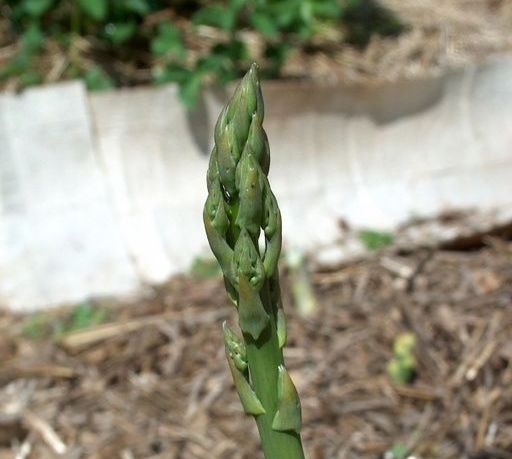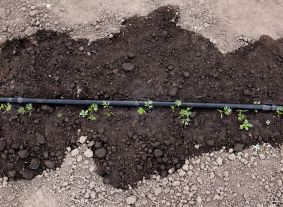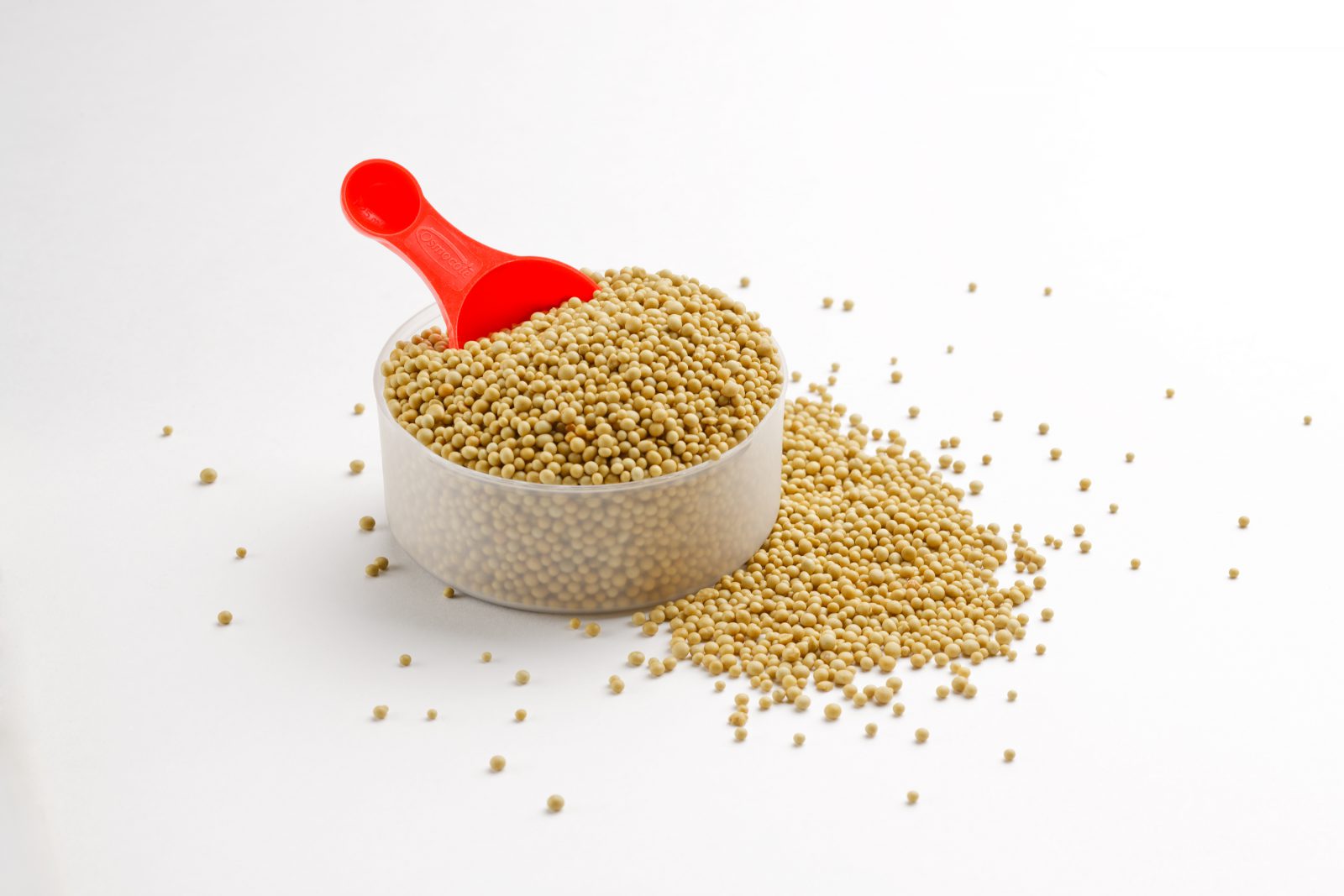Signs of Slug Damage
Views: 1002

Slugs seems to be an issue in my new garden. Having just planted a 10 ft. x 15 ft. plot in an unfamiliar space, every day reveals something new—a new angle of the sun, a new branch blocking a corner of the veggie plot and, unfortunately, a new uninvited critter visiting the garden. The fresh damage to the newly planted small vegetable plants I am seeing each day is one indication of that. And I suspect it is slug damage.
Signs of Slug Damage
I suspect the damage I see is the result of slugs for these reasons:
- The damage to the plants are small holes inside the plants’ leaves; i.e. a round hole surrounded by an otherwise intact leaf. The slugs often crawl up the midrib of the leaf and then reach out to eat the middle of the leaf from there.
- Small leaves show “chomp marks” around the leaf edges, sort of like when you take bites out of a sandwich. And some newer and smaller leaves are completely gone.
- I notice new damage in the morning. Slugs prowl at night when the birds and the drying sun are not active.
- Look for a slimy residue trail. This slime is what the slug excretes so it can slide along the surface of something.
Clues That It’s a Slug
Apart from the visible signs of damage, there are other clues as to what is causing the missing portions of my vegetables’ leaves:
- It’s early spring. That’s a prime time for slugs to be active. They are also quite active in early summer and fall.
- Moist conditions. Thanks to a rainy spring and warm-then-cool days and nights that produce dewy mornings, the grass and gardens are quite moist. This provides an ideal environment for these pests.
Am I concerned about my still-small vegetable plants? Yes. However, I’ve noticed that the taller plants—the larger peppers and tomatoes, for example—are free of slug holes. I’m also betting that a coming stretch of warm days will help promote growth of new leaves on the smaller plants. And, I’ll take action with a few strategies to prevent slugs.
Meet Ellen Wells
When you’re raised on a farm, you can’t help but know a thing or two about gardening. Ellen Wells is our expert on edible gardening.…
Ellen's Recent Posts

Asparagus






